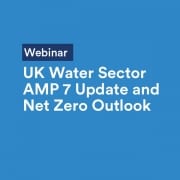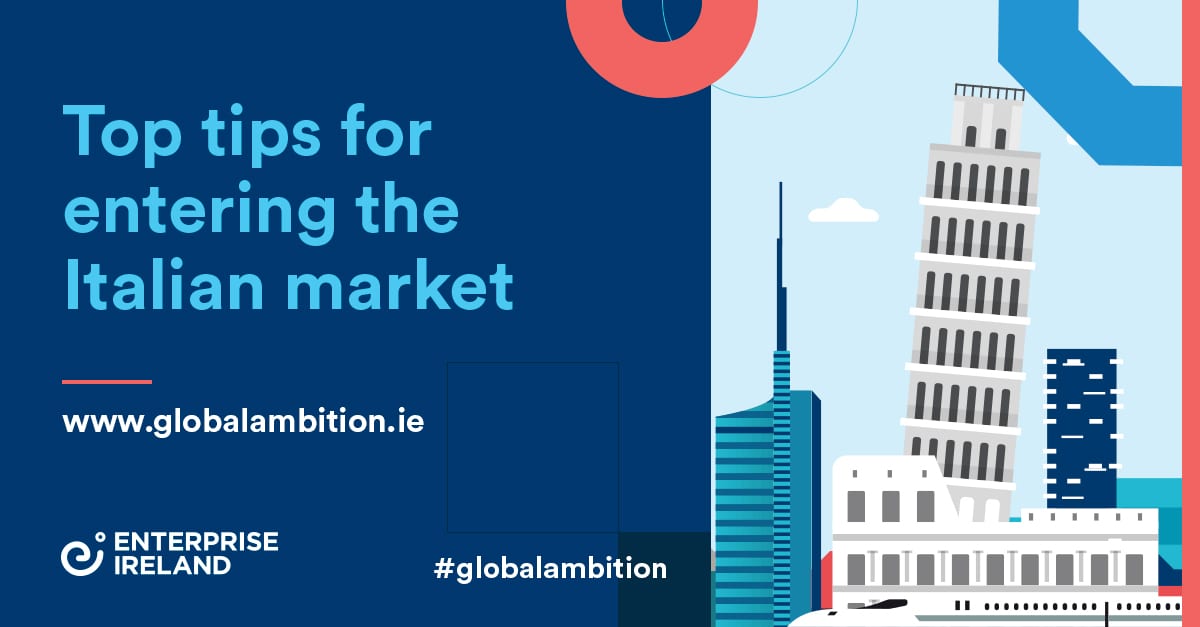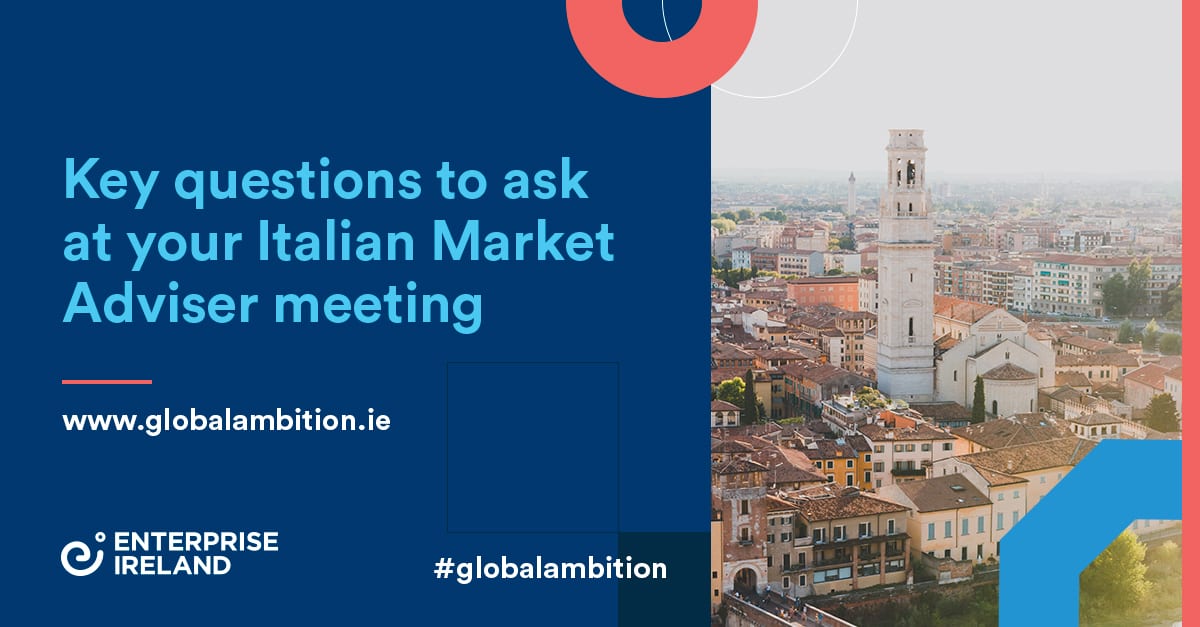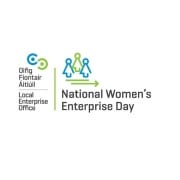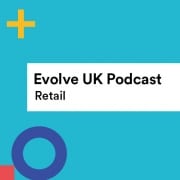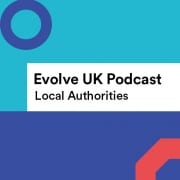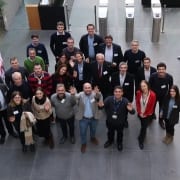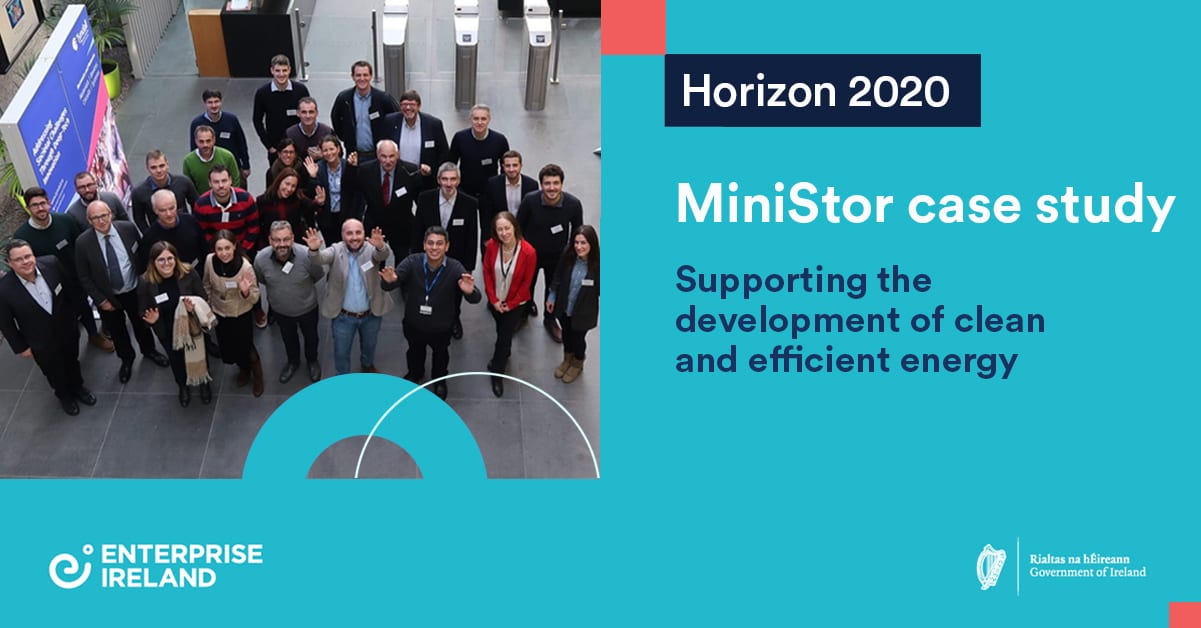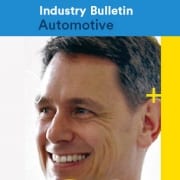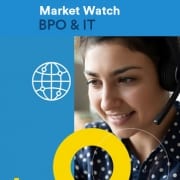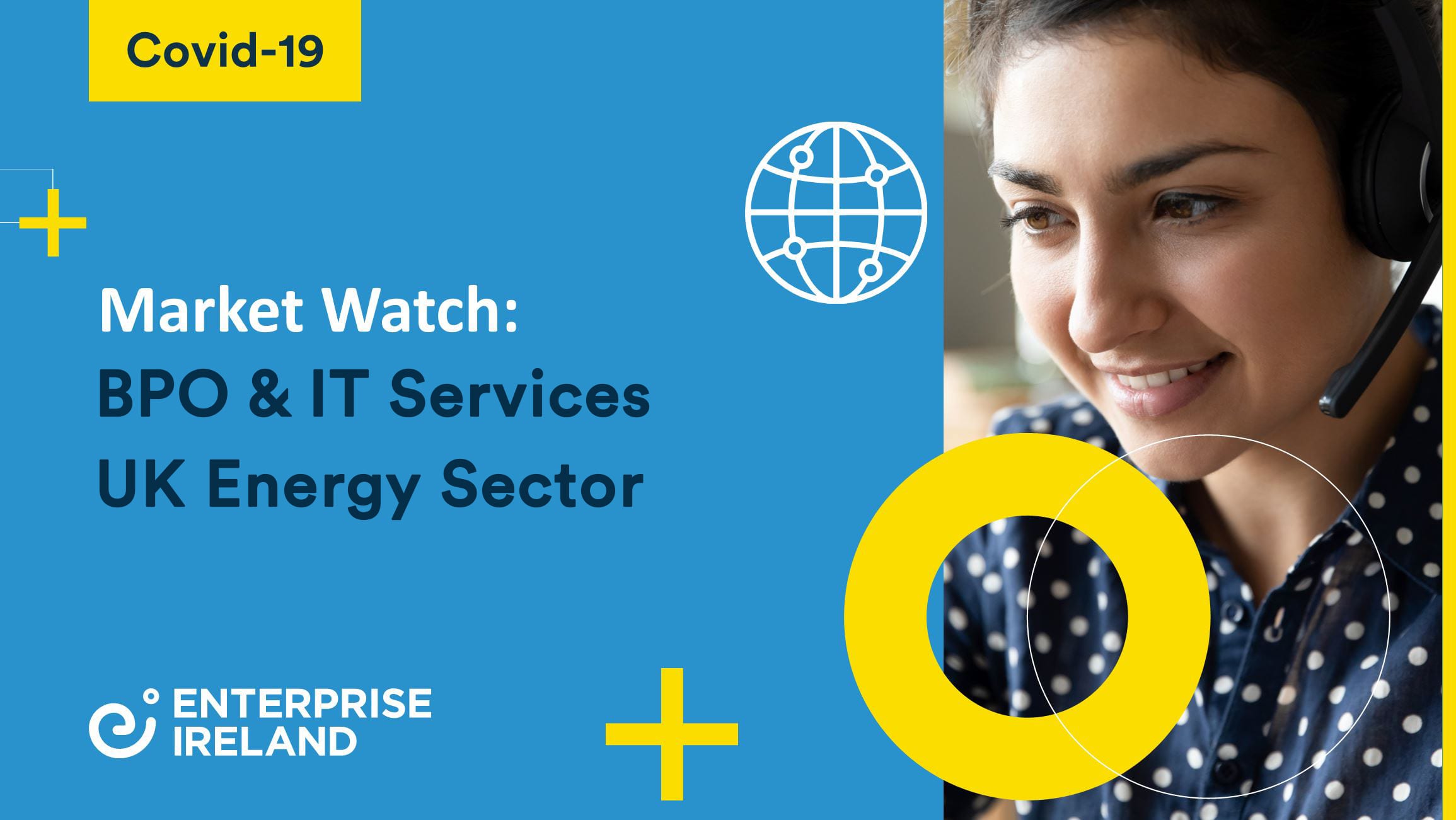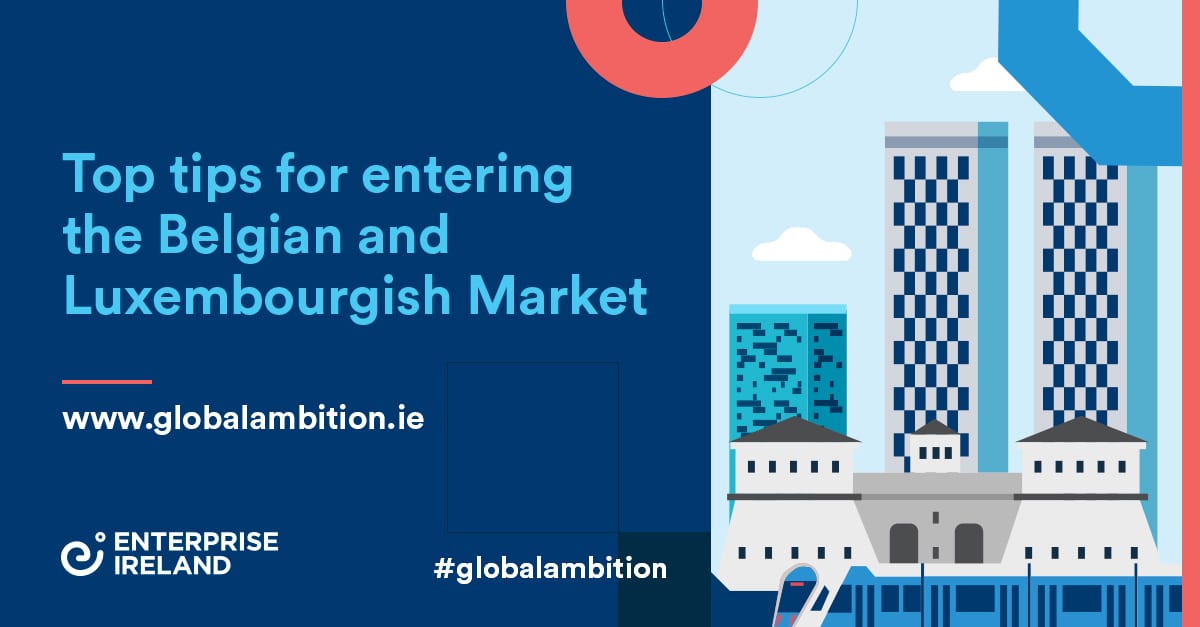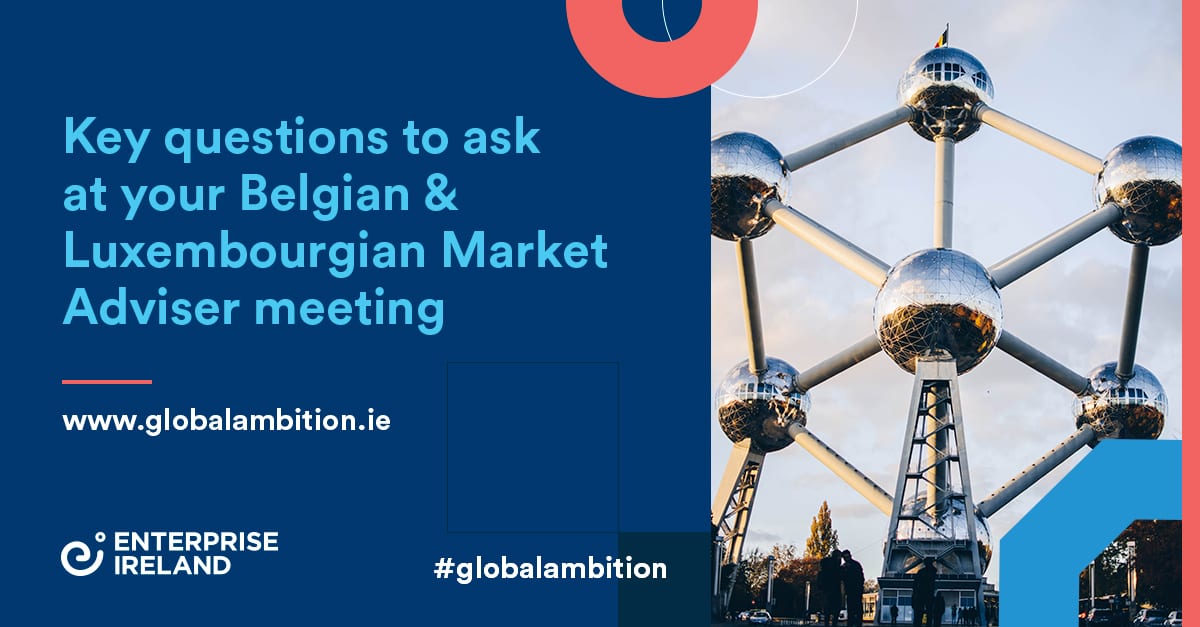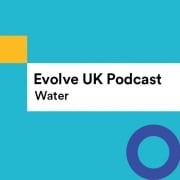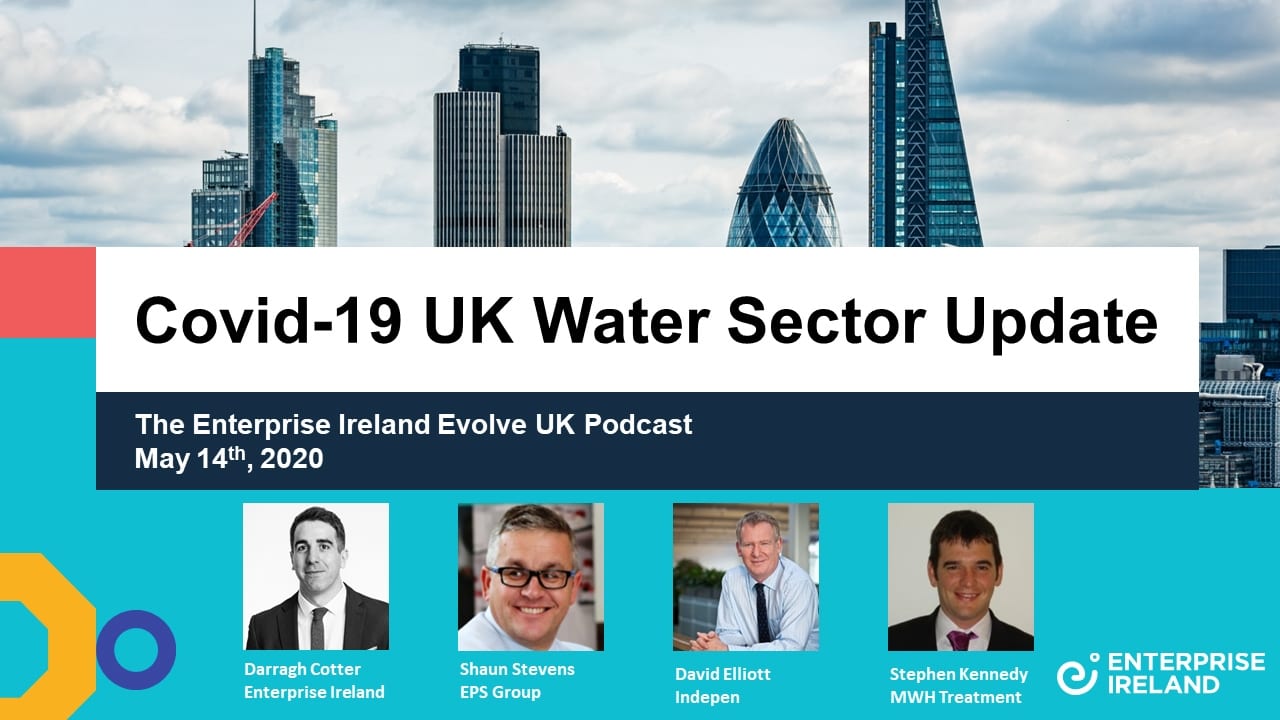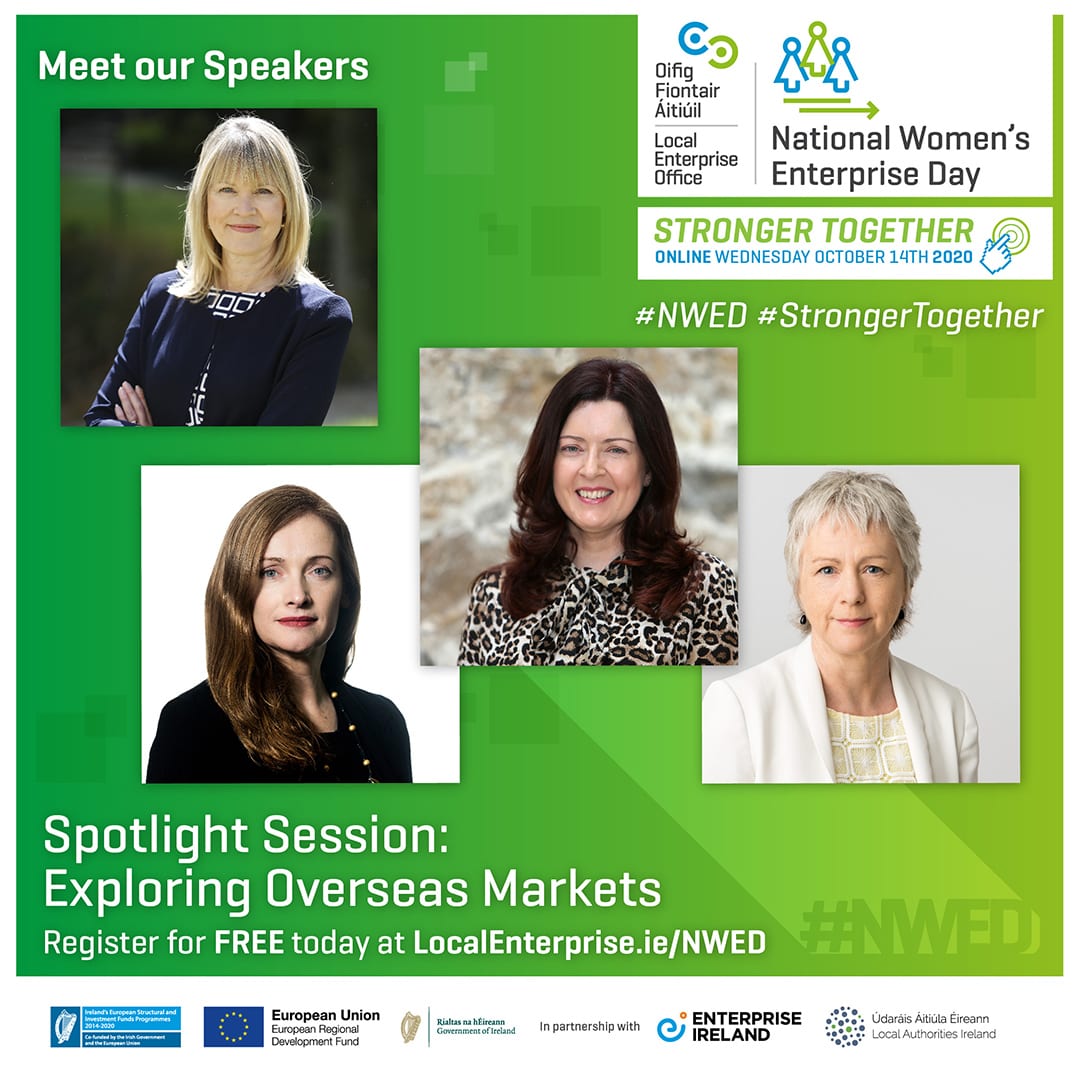
Covid couldn’t stop Ireland’s most successful female entrepreneurs from stepping up to inspire more
National Women’s Enterprise Day 2020, organised by the Local Enterprise Offices, was like no other in that, because of Covid, for the first time in its 14-year history, it took place entirely online.
In all other ways, it was exactly the same – providing women with the inspiration, support and confidence to start and grow a business.
Sheelagh Daly, Entrepreneurship Manager at Enterprise Ireland, has been involved in this flagship event for women in business right from the start.
National Women’s Enterprise Day was an initiative set up by the Local Enterprise Offices in 2007, supported by Enterprise Ireland.
“Back then the landscape was quite different in that there was a dearth of female entrepreneurial role models. If you went back and looked at the newspapers, for example, there weren’t many women being profiled in a business or entrepreneurial setting,” says Daly.
Providing role models
“Research shows that role models are an important way to inspire women and give them the confidence to start a business. So we knew we needed to profile women who had done it successfully already. It was that whole concept of ‘to be it you have to see it’,” she says.
But a lack of role models wasn’t the only challenge.
“At the time there was also a real lack of access to business networks for women. While the Chambers of Commerce were, of course, important, they tended to be for more established businesses. More informal networks, such as rugby clubs and golf clubs, didn’t provide the same level of access to women.”
There was a need for “a mechanism to provide women with access to networks in order to inspire, demonstrate and build confidence in female entrepreneurship,” she says.
National Women’s Enterprise Day was just the mechanism.
Showcasing success – and support
“It was also a means to disseminate the huge range of supports available from lots of different government agencies, not just from Local Enterprise Offices and Enterprise Ireland, but from Intreo, Failte Ireland and the Credit Review Office,” she explains.
“The idea was to bring all these things under one roof, on one day, with one big bang that would put female entrepreneurship on the map.”
It did just that. “The first event was held in Mullingar and was fantastic, and overbooked, so we carried on.”
Indeed, the event grew so much that in recent years the Local Enterprise Offices have run regional versions too, to enable even more women to attend.
All followed the same proven format of enabling participants to listen to successful women at different stages of their business journey, to gain an understanding of the supports available to them, and to have an opportunity for networking.
“Then, in 2020, we had Covid,” she says.
Covid can’t stop it
Having supported so many businesses to ‘pivot’ to online to cope with the pandemic, the network of Local Enterprise Offices were quick to do the same with National Women’s Enterprise Day. It took place on Wednesday 14th October, entirely remotely, and was a huge success.
“We saw an enormous attendance of 1641 people which was amazing and well reflected this year’s theme of ‘Stronger Together’,” says Daly.
Speakers included Olympian turned businesswoman Derval O’Rourke, who talked about the strength, discipline and resilience required to deliver peak performance in one sector before pivoting to another.
Sonia Deasy, founder of international beauty brand Mortar & Pestle, spoke about her journey taking a brand from “local to global”.
A series of ‘leading lights’ included successful female entrepreneurs across a range of sectors, from Clare Hughes of CF Pharma in Kilkenny to Mary Walsh of Ire-Wel Pallets in Wexford and Odilon Hunt of AVA Audio Visual in Sligo.
Exploring overseas markets
Sheelagh Daly hosted a panel discussion entitled “Exploring Overseas Markets”, featuring expert commentary from Anne Lanigan, Enterprise Ireland’s Regional Director Eurozone, and Marina Donohoe, Enterprise Ireland’s Director for UK and Northern Europe.
As well as exhorting female entrepreneurs to explore Eurozone markets, they pointed out that the UK will always be hugely important to Irish businesses too.
Marcella Rudden, Head of Enterprise with Local Enterprise Office Cavan explained the questions to address when starting your export journey.
“She spoke about how to choose a market to target and how the Local Enterprise Office should be your first port of call because it has the supports to help you, both financial and otherwise,” says Daly.
One of the main threads running through the day was not to be afraid of exporting, she says. “The message was that it isn’t something that should be seen as intimidating and that there is help available.”
That help is not just from Local Enterprise Offices but from all sorts of sources, including networks for women in business in countries such as France and Spain, delegates heard.
“Before you commit to a market do the research, make sure that it’s the right market for you and that you can compete in it, and don’t be afraid to ask for help,” says Daly.
Information is crucial. Both men and women have similar business ambitions but research indicates that women take a more cautious approach, including in areas such as borrowing for business. They typically “prefer more information before they take a risk”, says Daly.
“The ambition is very much there but the approach is different.”
Women’s success is Ireland’s success
National Women’s Enterprise Day 2020 took place in a year which also saw the launch of Enterprise Ireland 2020 Action Plan for Women in Business. This important six-year strategy to support female entrepreneurship was launched in February, just before Covid.
“The reason such emphasis is being put on women is because we are still looking at a much higher proportion of men in leadership and entrepreneurship,” explains Daly.
This needs addressing because, both as an economy and a society, we “need the skills and talents of all our population to be realised,” she says.
We also need those businesses that are started to be the best they can. “All the research demonstrates that the greater the diversity the stronger, more profitable and faster-growing the business,” says Daly.
“That leads to wider economic benefits, so it’s a real economic imperative that everybody, regardless of gender or other diversities, does not face barriers when it comes to starting or growing a business.”

